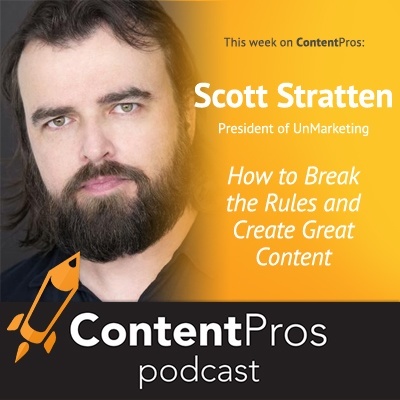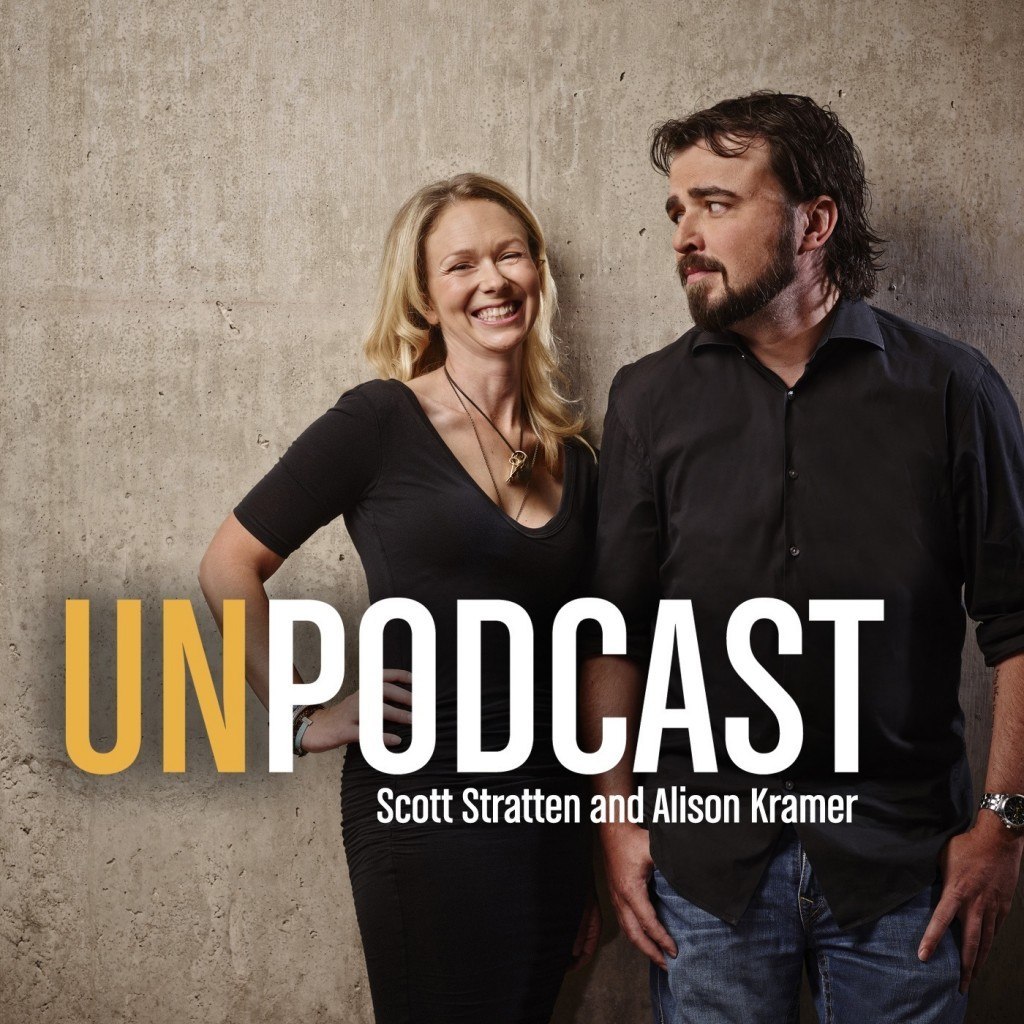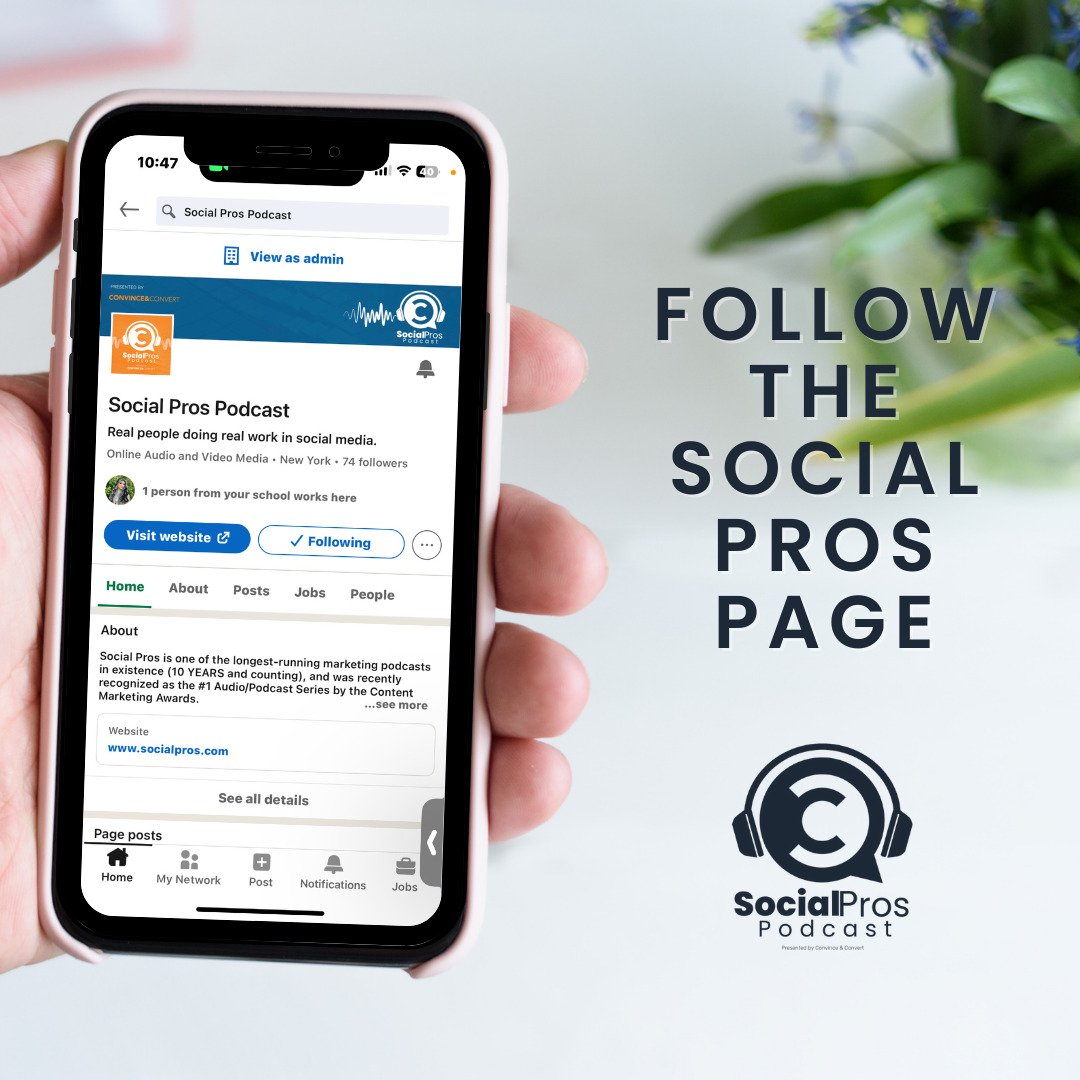Hosted By
About The Content Experience Show:
Welcome to The Content Experience Show where content experience is the new content marketing. It’s not only about reaching our audiences where they are, but engaging them with a personalized experience of meaningful, useful content that they’ll take with them over time. The guests on the Content Experience Show share strategies, tips, and real-world examples of how they’re taking their content marketing to the next level and providing their current and prospective customers with a true content experience. This isn’t just a trend. It’s a movement.
Apple Podcast Reviews:
It doesn't get any better for content marketers. They present a balanced, insightful discussion of current trends and ask all the right questions. Their guest list is a "Who's Who" of content professionals. Outstanding.
Jared Johnson PianoI love listening to marketing podcasts and this one is on my must-listen to list. Very knowledgable hosts and topical discussions.
The Marketing Book Podcast
Scott Stratten, President of UnMarketing, stops by the Content Pros Podcast to discuss the advantages of sarcasm, the value of quality over quantity, and the dangers of shiny-object syndrome.
Go Negative
Scott Stratten’s viral, social, and authentic marketing agency, UnMarketing, keeps him pretty busy. So do his books, like UnMarketing and UnSelling, his UnPodcast, and being one of Forbes’ top social media power influencers. He’s known for his sarcastic tone as he points out brand fails on Twitter.
When asked why he goes negative, Scott says this strategy is twofold:
- It matches his personality, so it’s genuine. UnMarketing came about 13 years ago because Scott was angry that the only way to market to someone was to interrupt them. Tweeting with a sarcastic edge just fits in with what he believes and strives for in his business.
- There is a ton of content out there on best practices and “here’s how to win.” His pointing out of mistakes differentiates his brand. (It should be noted that Scott doesn’t just point out other people’s mistakes. He and his company are always fair game, and he talks about his own mistakes in his books.)
“My best learning experiences in business have been from my mistakes.”
Play By Your Own Rules
Scott has rules for his content, sure. For example, “The first rule of content: Don’t lie.” But he also doesn’t blindly subscribe to the best practices and rules that have popped up around content marketing. For example, it just doesn’t make sense to be posting all the time on every channel to make your brand known.
“Never since the dawn of blogs, since any kind of content, I’ve never been one for a forced schedule.” He doesn’t believe that you need to post on certain days at certain times to get the best engagement. Nobody shares something because it’s Tuesday; they share because it’s great.
Scott posts on his blog when he has something to write about, which can be about once per quarter. He won’t post every week just to get it out there. For him, “the biggest rule is don’t send it out for the sake of frequency.” Be as frequent as you can while making sure to always send out stellar content.
 Scott does recommend posting content in as many different ways as possible. For his UnPodcast, he and his co-host record a video. Then, they also publish the audio and do a write-up. That way, people can choose how they consume the content. And keep in mind, there are visually and hearing impaired folks out there who might want to be a part of your audience, but can’t be because you don’t produce content in a way they can access.
Scott does recommend posting content in as many different ways as possible. For his UnPodcast, he and his co-host record a video. Then, they also publish the audio and do a write-up. That way, people can choose how they consume the content. And keep in mind, there are visually and hearing impaired folks out there who might want to be a part of your audience, but can’t be because you don’t produce content in a way they can access.
Scott also recommends giving social platforms a solid try before dismissing them. “Because I don’t like it” is never a reason not to use a platform. When he started on Twitter in 2008, he thought it was stupid. But as a marketing consultant, he knew he needed to be able to truly speak to the pros and cons of the platform. So, he lived on Twitter for 30 days – really lived, tweeting 7,000 times in January 2009. Scott went from 1,200 followers to 10,000 and hasn’t stopped tweeting since. (tweet to highlight)
He follows this path with other networks, and picks one platform at a time to spend a full six months trying to build it to see how it works. Then he decides whether or not it’s worth it to him to be there. And he understands that what works for him won’t necessarily work for someone else.
“I mocked the heck out of Google+, but there are people who still use it and it works for them. Awesome.”
On the flip side, Scott doesn’t buy into the idea that you have to do everything in content marketing. Beware of the shiny-object syndrome we in marketing tend to get surrounding new technology and platforms. “You don’t have to do video, you don’t have to do Facebook, you don’t have to do anything. You find where your strengths are, and you raise them.”
Scott also says companies don’t need to be chiming in all the time.”If I’m at a cocktail party and I’m talking about my new pair of Nike kicks and a Nike guy jumps in and goes, ‘Yeah, yo, yeah. How do you like those?’ I’m like, ‘No, no, no.’ There are some brand conversations that brands don’t belong in.” Be sure to make yourself available if someone does want to talk to the company, but you don’t need to be a part of every conversation.
What did you want to be when you grew up?
“A game show host. I did, truly.” Seeing Monty Hall on Let’s Make a Deal is what hooked him. “I’m a ham and I like to do those things and I always loved it.”

